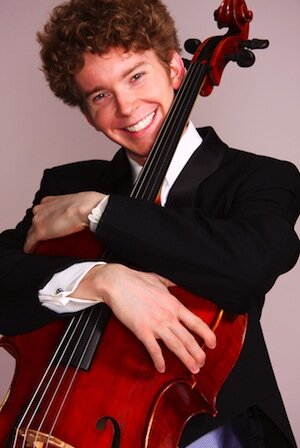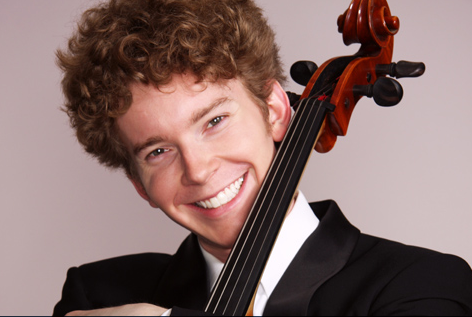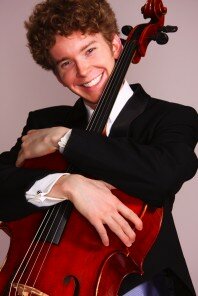Robert Plant does not dwell upon the humble plane inhabited by mere mortals. He is, and invariably will always be, a Rock God.
During the fiery days of his youth, Plant and his bandmates in Led Zeppelin strode the earth like mythic creatures, mutating rock and roll into something so epic that arenas were the only temples capable of withstanding the band’s larger-than-life sound. Along the way, Zep’s sonic influence proved to be even more legendary and far-reaching than the stories of their excesses. Robert Plant’s oft-imitated police-siren wail in particular impacted acolytes both ridiculous (every Reagan-era hairspray metal singer) and sublime (Soundgarden’s Chris Cornell, guitar gunslinger Jack White).
The marquee value of that voice and legacy effectively sold out Plant’s gig at the Chateau Ste. Michelle winery Saturday night. But it was his graceful and imaginative work with his latest backing band, the Sensational Space Shifters, that made hours of sweltering direct sunlight and some coma-inducing opening acts well worth enduring.
For a guy who’s been derided as a dinosaur by some cynics, Plant’s shown a lot of forward-thinking creativity over the years. Led Zeppelin contrasted their monster riffage with elements of funk, folk, and eastern music, and the singer’s solo work has exhibited that same broad reach in the decades since Zeppelin’s 1980 dissolution. Saturday’s 90-minute show leaned heavily on classic Zep tracks and blues covers, but both singer and band displayed ingenuity that effectively transcended simple laurel-resting.
Plant and the Space Shifters managed to have their cake and eat it too by keeping the instrumental approach on the old warhorses playful and fresh. Gambian musician Juldeh Camara goosed the familiar crunch of “Rock and Roll” with the exotic sawing of a one-string ritti fiddle, and the blues staple “Spoonful” burbled with trippy electronic textures, compliments of Portishead/Massive Attack keyboardist John Baggott.
Skin Tyson and Justin Adams contributed impressive guitar work, while the rhythm section of drummer Dave Smith and bassist Billy Fuller balanced Zeppelin-style jackhammering with galloping world-music percussiveness. The resulting melange shouldn’t have worked, but did, famously. Strong readings of more recent original tunes, meantime, proved to be a major bonus: “Tin Pan Valley” built from the coiled tension of Baggott’s spidery piano line into a wall of guitar snarling, and the lush “Another Tribe” whirled like a psychedelic dervish.
Plant generously allowed each member of the ensemble their moment in the sun, but true to the laws of Rock God physics he couldn’t help but command center stage. Saturday night found him in strong form as he played to the sandy nuance of his voice without trying to replicate the octave-defying shrieks of yore, and prowled the stage with a leonine charisma that never sold his dignity short. All Rock Gods should mature so gracefully.
The sizable, overheated Chateau crowd patiently sat through no less than three opening acts before Robert Plant and the Sensational Space Shifters hit the stage. The first one out of the gate, Canadian blues guitarist/singer Matt Andersen, warmed things up nicely with some solid, greasy axework and an engaging growl of a voice. Bruce Hornsby’s competent diet-Springsteen pop followed, lulling spectators into a narcotic stupor only momentarily broken by the familiar strains of his big 1980s hit, “The Way It Is.” And jam band Railroad Earth’s third-slot set extended the narcosis with well-played but bland tunes that made the Dave Matthews Band sound like Motorhead. Given Plant’s well-regarded ear for innovative sounds and his longtime championing of underground music, the choice of the latter two acts seemed especially head-scratching.


